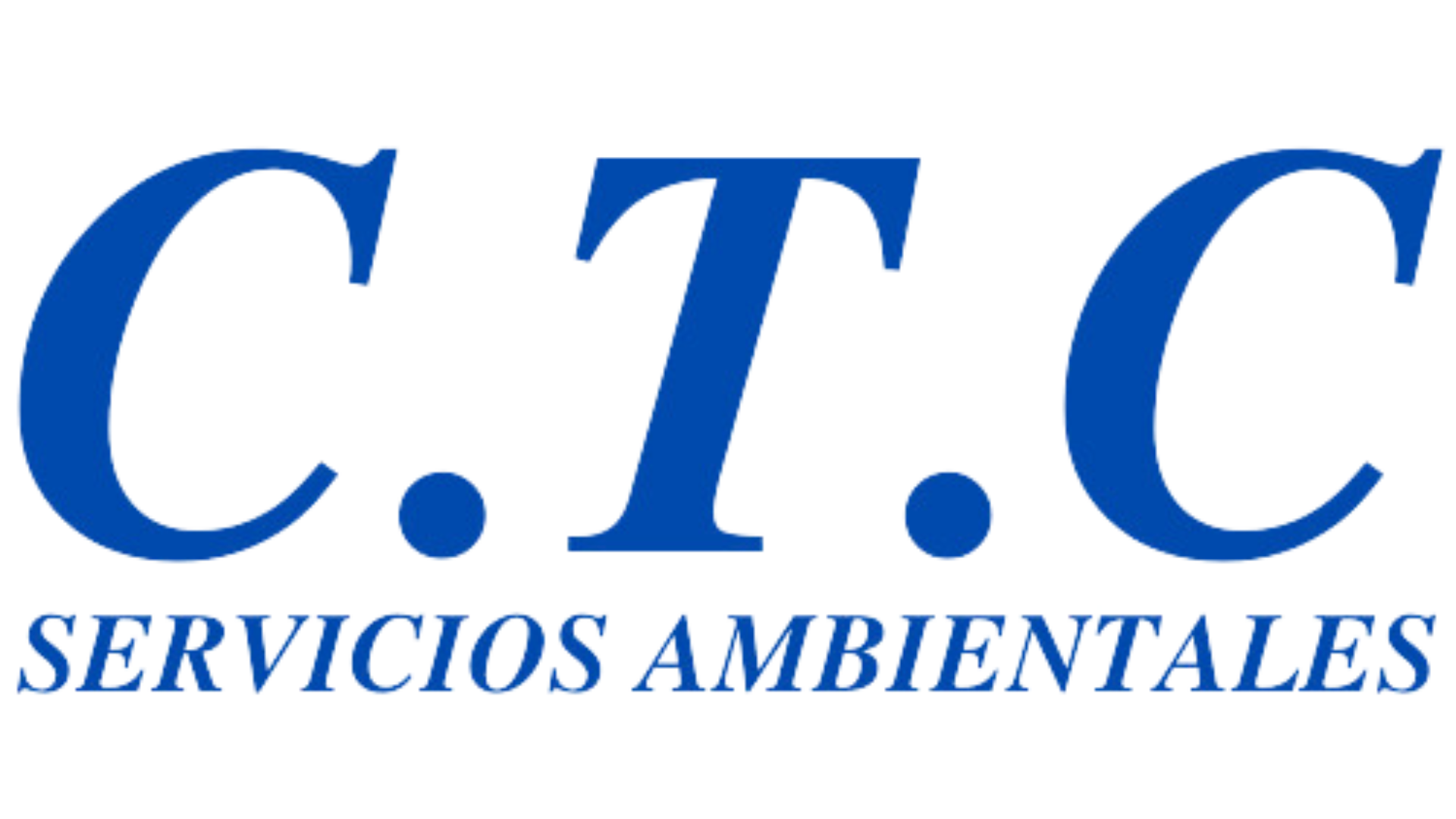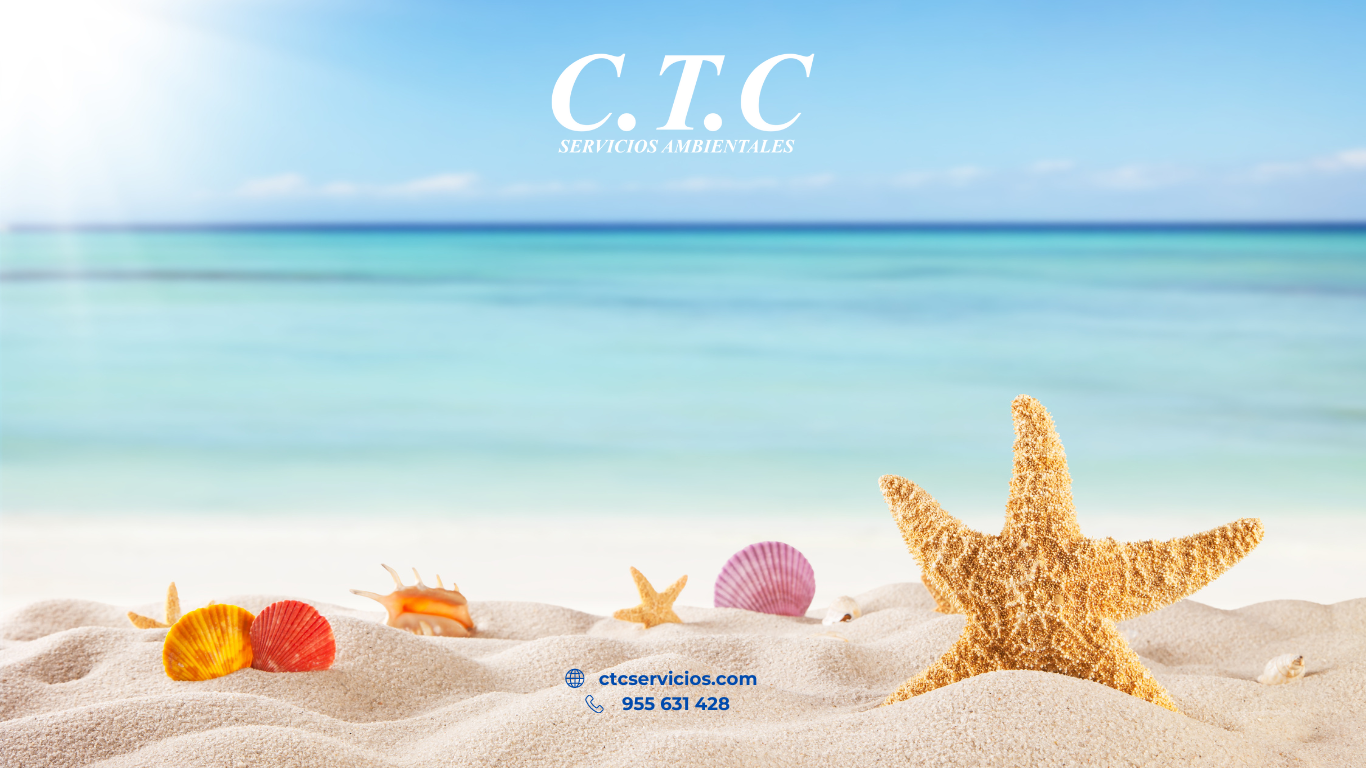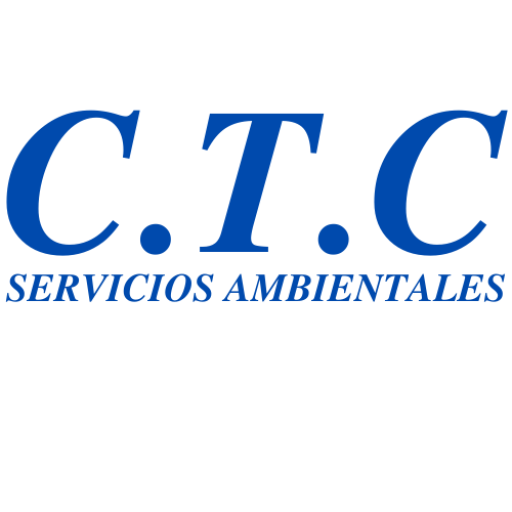Understanding the Impact of Summer on Waste
Summer brings a significant increase in outdoor activities, from hiking trips to festivals and barbecues. This surge in activities is directly related to an increase in the use of disposable products, such as plastic plates, cups, and cutlery, as well as single-use packaging for food and drinks. According to statistics, waste generation can increase by up to 30% in the summer months compared to other times of the year, posing a significant challenge for waste management and recycling.
Proper management of this waste is crucial, not only to keep our natural and urban spaces clean but also to reduce the global environmental impact. Since many of these disposable products are not biodegradable, their accumulation can be particularly harmful to ecosystems and wildlife, contaminating habitats and potentially causing long-term damage if not handled correctly.
Practical Tips for Recycling in Summer
- Reduce the Use of Disposables: Opting for reusable materials is essential. Invest in durable plates, cups, and cutlery for your outdoor events. Not only do you reduce waste, but you also save money in the long run.
- Recycling at Social Events: When hosting or attending events, ensure to set up clearly marked and accessible recycling points. Provide separate bags or containers for plastics, paper, glass, and organic waste, and instruct guests on how to use them correctly.
- Waste Planning: Before an event or outing, plan how you will handle the trash. This might include, for example, bringing bags to collect all generated waste and transporting it home where you can better manage its disposal.
- Education: Use family or friend gatherings to talk about the importance of recycling and how to do it correctly. Summer offers the opportunity to educate informally while enjoying time together.
- Portable Recycling Points: Consider using mobile recycling stations that can be temporarily installed at event venues, beaches, parks, and tourist areas.


